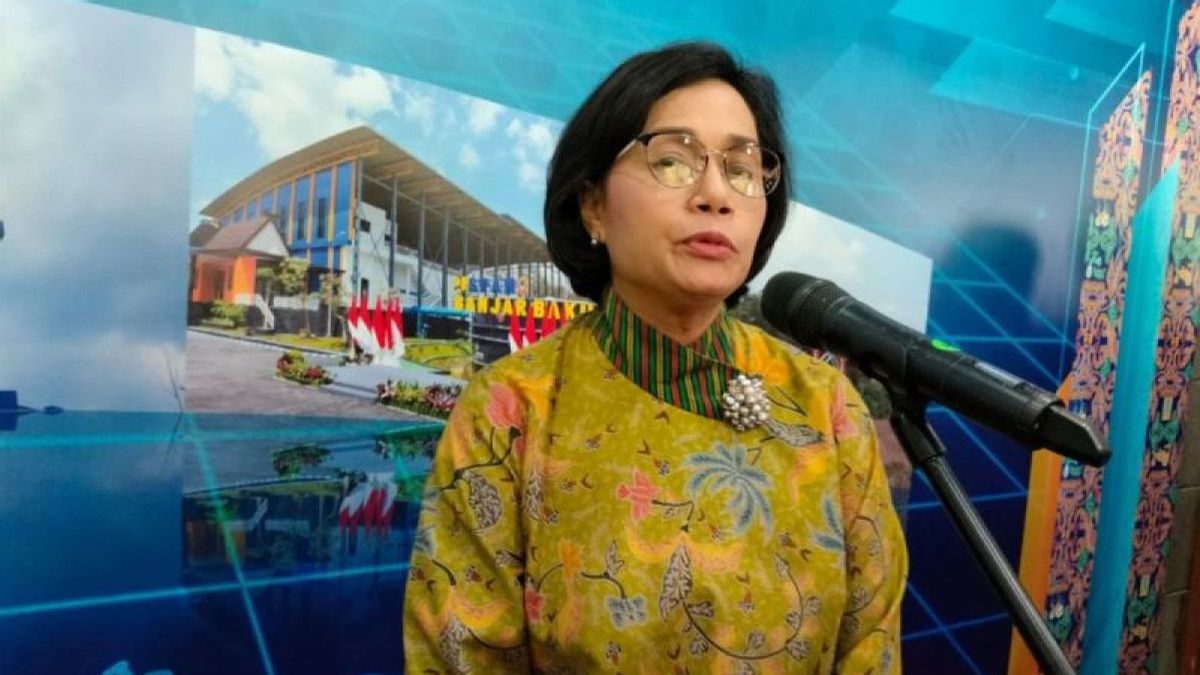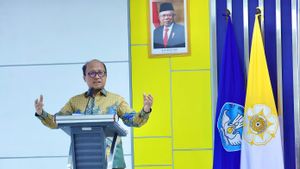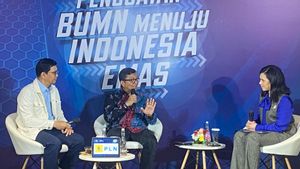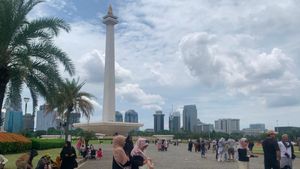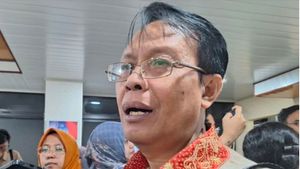Minister of Finance (Menkeu) Sri Mulyani Indrawati explained the importance of implementing Islamic values in public financial policies while attending the 8th Annual Islamic Finance Conference (AIFC).
Islam is rahmatan lil alamin, its values are universal and needed by all mankind. We must ensure basic principles of Islam, such as justice and social welfare, are reflected in public financial management, especially in the function of allocation, distribution, and stabilization," Sri Mulyani said as quoted by ANTARA, Friday, October 4.
He also emphasized the importance of fair distribution, with countries playing a role in ensuring wealth can be enjoyed by all levels of society, including the most vulnerable.
This justice cannot be achieved without a fiscal policy that supports a fair and equitable distribution. On this basis, taxation is designed to impose more obligations on the rich, and provide assistance to those in need.
The State Treasurer also highlighted the importance of economic stability in maintaining the sustainability of protection of the principles of Maqasid al-Syari'ah.
According to him, an unstable economy will not only erode wealth, but also threaten human life, family stability, and intellectual development of the community.
Sri Mulyani emphasized that inclusive and fair economic growth requires efficiency in the allocation of public resources.
On the other hand, the Minister of Finance underlined the commitment of the Indonesian government to protect families, increase human resources, and promote people's welfare through fiscal policies.
"Most of our public spending is directed at helping those most in need, ensuring inclusiveness in national development," he said.
The Indonesian government also continues to develop Islamic public financial instruments, such as sukuk, zakat, and waqf, to support national development.
"Sukuk di Indonesia telah memainkan peran penting dalam mengungkapan proyek infrastruktur dan pendidikan, termasuk proyek yang disefunded oleh Green Sukuk," ujar Menkeu pula.
Indonesia is also the pioneer of the issuance of Green Sukuk in the world, which supports sustainable infrastructure projects.
In line with that, the Director and Representative of the Regional Hub of Indonesia Islamic Development Bank (IsDB) Group Amer Bukvic in his key speech highlighted the important role of Islamic finance in building infrastructure through sukuk and the model of financing Government and Business Entity Cooperation (KPBU).
"Islamic finance not only encourages sustainable Islamic values, but is also the key in building important infrastructure through sukuk," he said.
Innovation in technologies such as fintech and blockchain is also seen as an important opportunity to increase transparency, scalability and efficiency in zakat and waqf management.
SEE ALSO:
Innovations in the form of digital platforms can change how public resources are collected, managed, and allocated, resulting in more impactful results.
"With sharia instruments, such as zakat, waqf, and sukuk, we can create inclusive and sustainable economic growth," he said again.
The English, Chinese, Japanese, Arabic, and French versions are automatically generated by the AI. So there may still be inaccuracies in translating, please always see Indonesian as our main language. (system supported by DigitalSiber.id)
